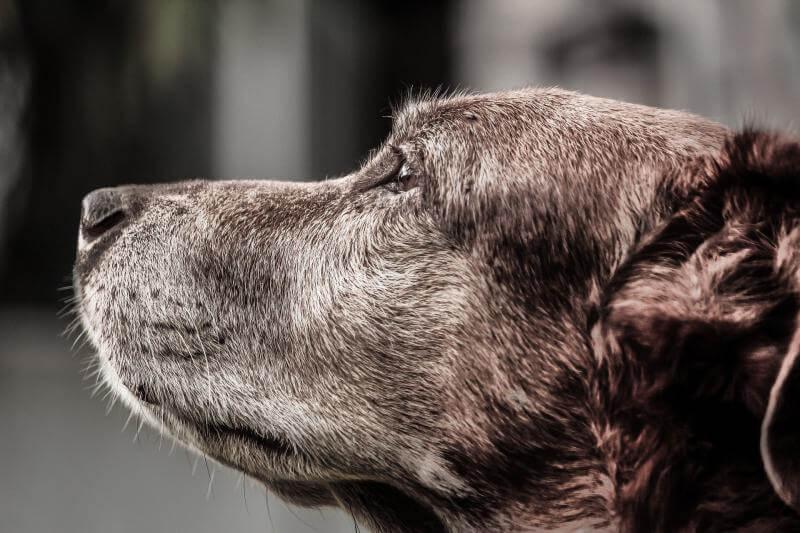
Older dogs require preventive care; their age can lead to physical and mental changes that may need additional attention from us.
So, what is a senior dog? Per the AAHA (American Animal Hospital Association) guidelines, the qualifications for a dog to be considered a "senior" varies, and it is essential to keep in mind that organ systems, species, and breeds of dog's age at different rates. Larger dogs tend to age faster than smaller dogs (i.e., a Great Dane will be considered "senior" at around five years of age while a Maltese may get to be 9-11 before attaining senior status). We believe a dog requires additional veterinary monitoring when they have reached the last 25-35% of their life span.
Once a dog is considered "senior" in our practice, we add a couple of additional steps in our preventive care routine. Instead of coming in once a year for an exam and wellness blood work, your dog friend should pop by to see us every 6 months. Our veterinarians will perform their usual thorough physical exam, and she will pay special attention to your dog's hips, teeth, gait (way of walking), and general behavior. The veterinarian may ask questions like "Is it easy for Max to get up and lay down?", "How is Sadie about going up and down the stairs?" or "have you noticed any changes in behavior or energy in Henry"? Share everything you've observed with your veterinarian, and they can make sure your dog's quality of life is everything it should be.
At that six-month visit, another panel of blood work will be performed. This blood panel will include a complete blood count (CBC), a thyroid test (hypothyroidism is a common medical issue for a senior dog), a urinalysis (to check for protein and glucose loss as well as for the presence of blood, white blood cells, or crystals in the urine), and an extended chemistry panel (for a better picture at how the internal organs are functioning). Regular monitoring of the blood can help prevent or treat liver and kidney disease, urine health issues like bladder stones, thyroid disease, and diabetes.
Ever go over to your grandmother's house and look in her medicine cabinet? Goodness, that's a lot of medication! Well, just like grandma and grandpa, senior dogs may need additional help as they age. Some of the ways we can provide extra support to our Senior Dogs are:
- Joint care supplements to promote strength and function in the cartilage and tendons where the bones join in the body
- Prescription foods that help with weight loss or maintenance (easier on the joints), help support various organ systems, battle urinary or digestive issues, or further support the joints
- Calming supplements like Adaptil or Solliquin can be used to help with anxiety associated with cognitive changes in older patients
- Our Companion Laser Therapy is one of our biggest weapons in the war on old age. By stimulating cellular activity, we can ease the pain and inflammation associated with arthritis, degenerative joint and disc disease, and muscles that are sore from running and playing more than their bodies can handle.
Senior dogs are Special! So, as you watch your beloved friend develop grey hair, as the texture of their coat becomes rougher, and as your love continues to grow for them day by day, remember that you have an ally in Plymouth Veterinary Hospital. We are dedicated long health, wellness, and quality of life for your dog!
